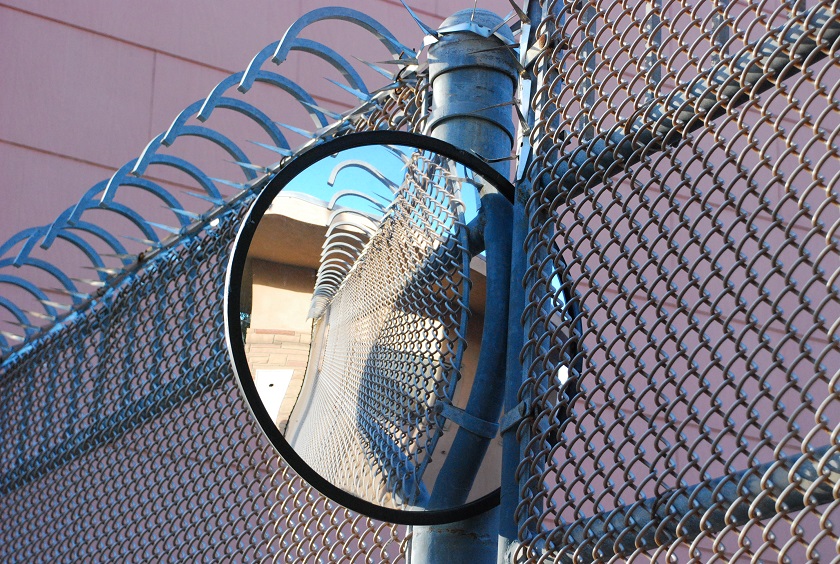In February 2017, Yorke Peninsula Country Times asked me ‘does home detention really work?’ This question was in response to the new Home Detention Laws implemented by the Labour Government in late 2016.
I responded with ‘time will tell’. I had reservations about it.
Have the new laws worked?
It is now 2018 and Home Detention Laws have been implemented in South Australia for some 17 months and I am pleased to tell you, it works.
In the past 17 months, over 286 people have been sentenced to home detention with only 28 offenders (approximately 10%) failing to fulfill their obligations under the legislation. Only 1 single participant was ruled on appeal as unsuitable to participate in the program.
Many of my friends and family have said ‘why do they deserve to be at home’, ‘they deserve to be in jail’, ‘home detention is not an effective deterrent’, but this is simply not true.
Home detention is a significant penalty and the positives that arise from a home detention sentence far outweigh the negatives.
Home detention, unlike imprisonment, allows offenders access to immediate rehabilitation and provides a light at the end of the tunnel for those facing detention.
Attorney-General John Rau when recently asked to comment about the Home Detention Legislation said:
if you can punish them without actually severing all their connections to civil society, the chances of them successfully rehabilitating themselves is better than if you completely destroy any link to family and work and stick them in jail with a bunch of hardened criminals
The data from the past 17 months makes it clear. Offenders do not regard home detention as a ‘slap on the wrist’, but a significant penalty. However, they also view it as an opportunity to escape prison and experience a second chance.
At the end of the day, I think we can all agree that everyone deserves a second chance.

